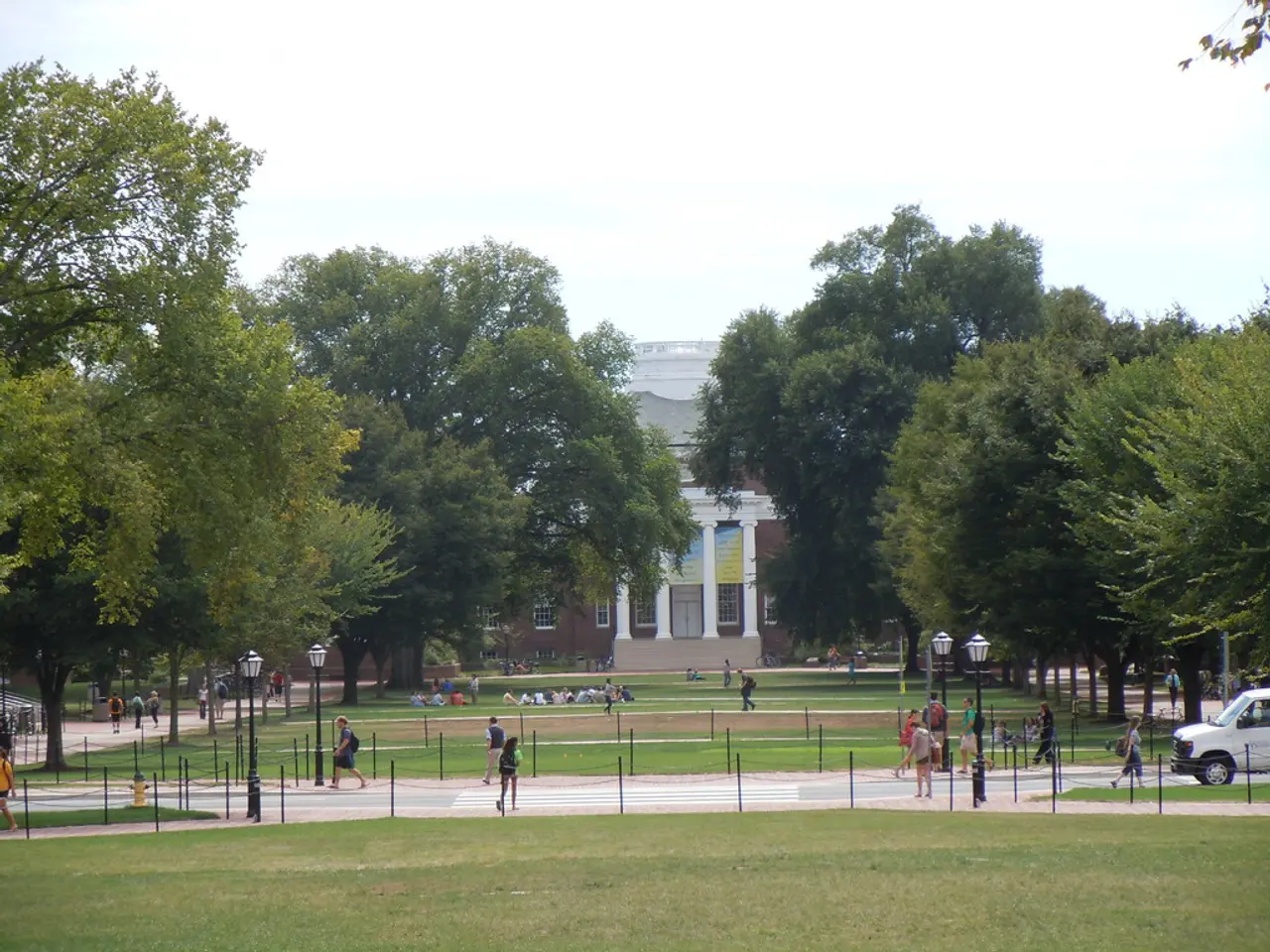IB Program Admission Prerequisites [2025 Enrollment Guide]
The International Baccalaureate (IB) Diploma Programme is a globally respected high school curriculum for students aged 16-19. To join this prestigious programme, there are certain requirements and processes that prospective students should be aware of.
Academic Readiness
Students typically need to be entering Grade 11 or equivalent. Most IB schools require a minimum GPA (commonly around 3.0 or higher) and strong grades in core subjects like English, Math, and Science. Completion of prerequisite courses (such as Algebra I and a foreign language) is often necessary. Some programs expect evidence of academic discipline, motivation, and the capacity for broad, interdisciplinary study. For universities admitting students with an IB Diploma, like the University of Basel, a minimum total of points (e.g., 32 out of 42) across six subjects is often required, including at least one Higher Level subject from specific groups.
Application Materials
Application forms are usually provided by the school or district administering the IB programme. Submission of detailed academic transcripts or certified copies is essential, showing course history, grades, subject details, and the grading system used. Teacher recommendations are often required. Some schools may have entrance exams or interviews. Non-native English speakers may need to provide standardized English proficiency test scores (e.g., TOEFL or IELTS) when applying to universities after IB completion.
Timelines
Application deadlines vary by school but are typically well in advance of the academic year. Schools may give priority enrollment to full IB Diploma candidates when space is limited. Schools seeking authorization to offer the IB Diploma Programme follow a specific candidacy and authorization timeline with the IB Organization, which includes submitting sample application documents and meeting standards and practices specified by the IB.
Admission Policies
Schools have varying admissions policies—some IB World Schools are selective, requiring entrance tests and interviews, while others may have open enrollment with limited spaces or tuition fees for private schools. Prospective students should check the specific requirements and timelines with their intended IB school directly.
Preparing for the IB Diploma Programme
Latecomers to the IB Programme may be offered bridging support or part-time IB Certificate tracks by some schools. For those who wish to prepare early, RevisionDojo offers pre-IB programmes, personalized coaching, and early planning tools. Building relationships with teachers who may recommend a student is important for the IB application process.
Homeschoolers can join the IB Diploma Programme only through authorized IB schools. Public IB schools are often free, but private or international schools may charge tuition. Showing an interest in global issues, reading, and academic exploration can enhance an IB application. Involvement in volunteering or leadership roles can also be beneficial.
Joining the IB Programme midway through high school (e.g., during Year 12) is rare. However, it is essential to note that each school has its unique entry conditions, so it is crucial to research and plan accordingly. Transferring mid-program between IB World Schools is difficult but possible, requiring close coordination with current and future IB coordinators.
The IB Diploma Programme emphasizes critical thinking, global citizenship, and academic depth. Students can take challenging classes in core subjects starting in Grade 9 or 10 to prepare for the IB Diploma Programme. The programme requires completion of six subjects, including an Extended Essay, Theory of Knowledge (TOK), and Creativity, Activity, Service (CAS) components.
In conclusion, admission to the IB Diploma Programme is contingent on academic readiness demonstrated by transcripts and grades, completion of prerequisite courses, likely teacher recommendations, and sometimes entrance exams or interviews, with applications submitted according to each school's deadlines and procedures. By understanding these requirements and processes, students can better prepare themselves for a successful application to the IB Diploma Programme.
- Engaging in online education platforms or self-development resources can help supplement the academic rigor required for the IB Diploma Programme.
- Pursuing online courses in subjects like English, Math, or Science can enhance one's learning journey and increase academic readiness for the IB Diploma Programme.




